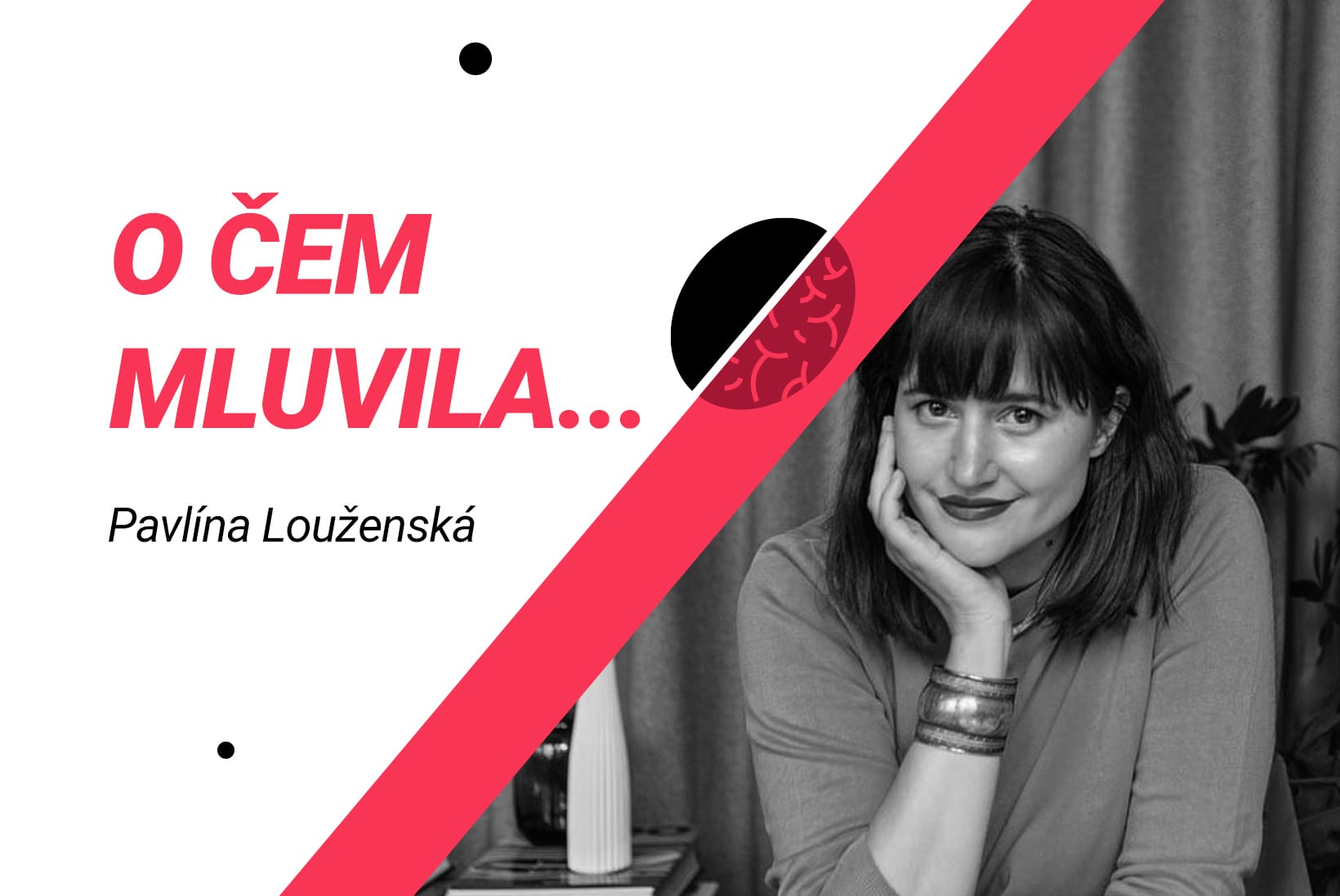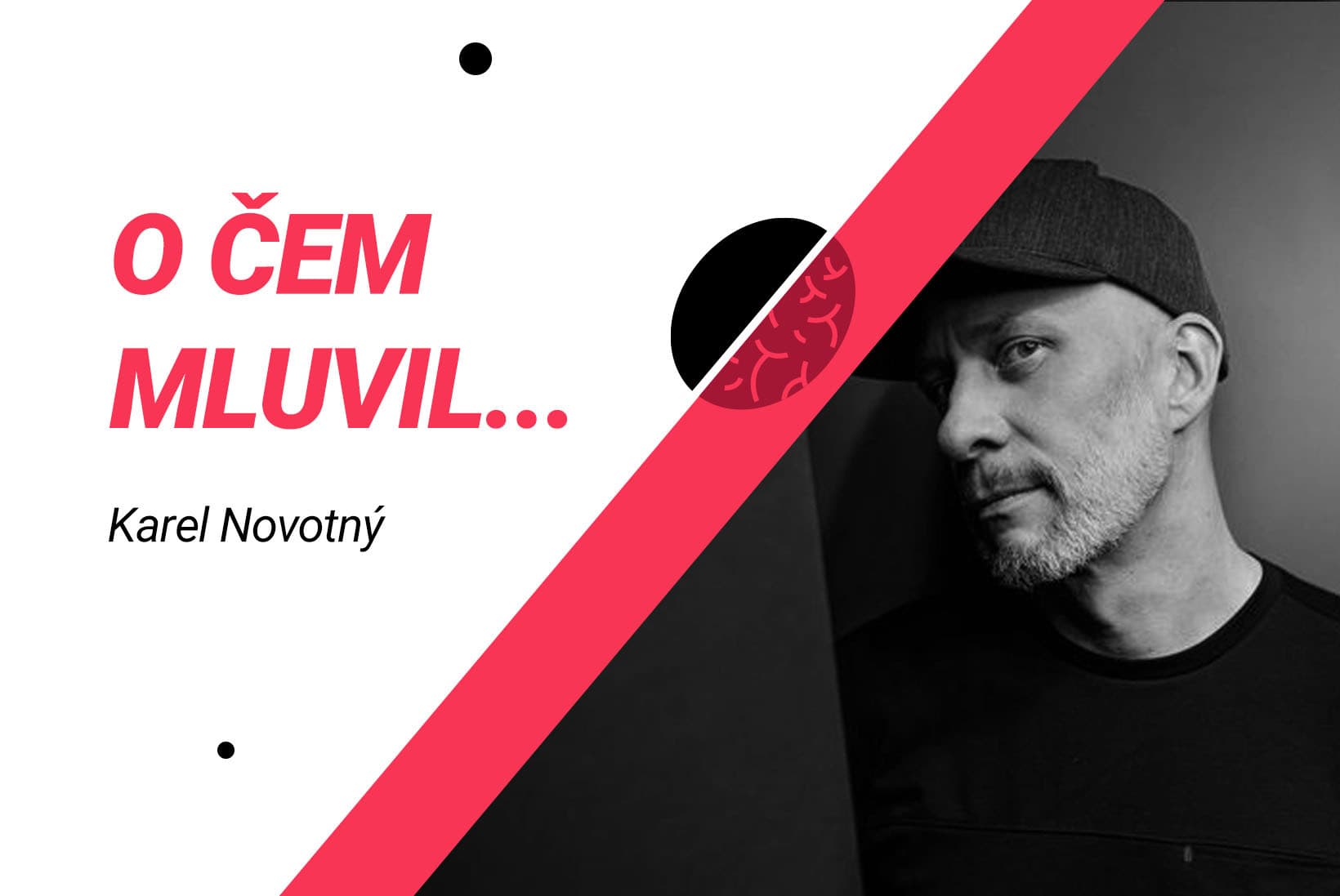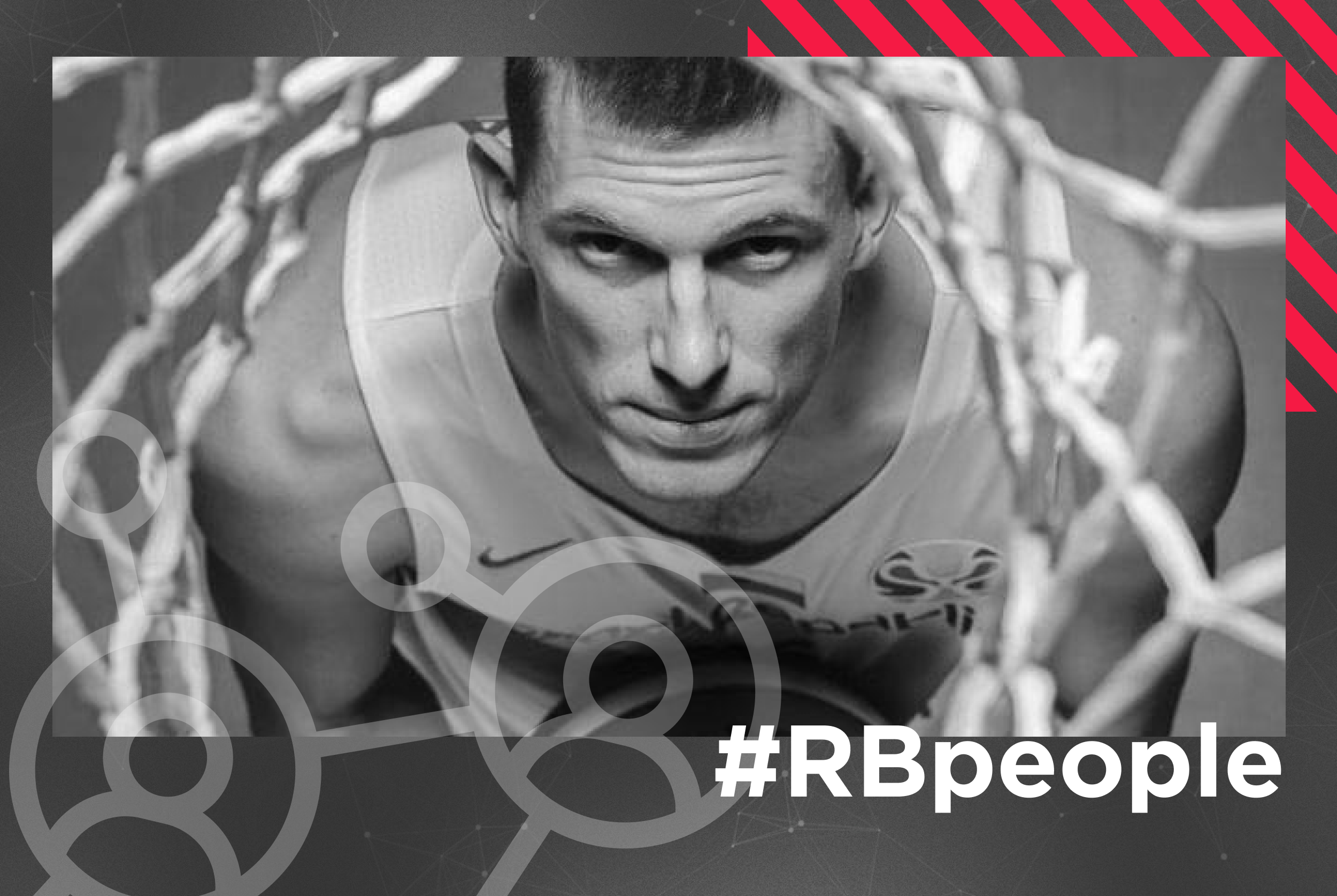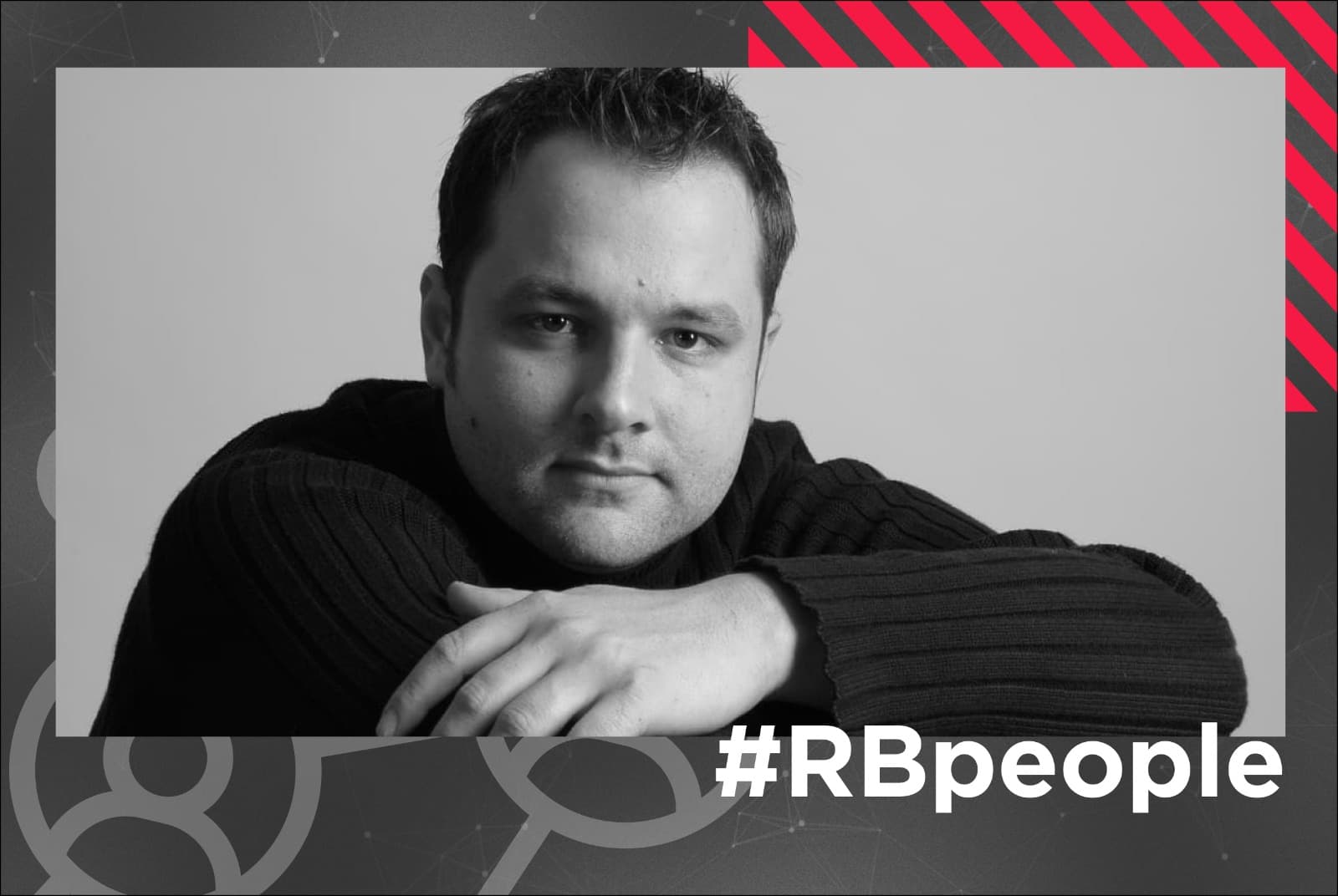Cirkulární ekonomika je obrovská příležitost pro firmy i šance pro planetu. Proto je i jedním z prioritních témat Evropské unie, která chystá na podporu cirkulárních projektů dotační program. Díky cirkulární ekonomice mohou firmy získat materiálovou soběstačnost, vzniká spousta nových pracovních míst a otevírá se prostor pro investice do udržitelných a často velmi cool inovací. Pro většinu českých firem se však stále jedná o více méně neznámý pojem. A to chceme změnit. Právě teď.
Ve spolupráci s Institutem Cirkulární Ekonomiky a řadou progresivních firem a odborníků jsme připravili unikátní publikaci, která principy i přínosy cirkulární ekonomiky hezky vysvětluje a na úspěšných příkladech českých firem, které s cirkulární ekonomikou již začaly, ukazuje, že CE může být obchodní příležitostí, konkurenční výhodou i zodpovědným způsobem podnikání pro každou firmu.
Cílem projektu Cirkulární Česko je inspirovat další firmy, ale třeba i města a nabídnout pomocnou ruku při zavádění cirkulárních principů.
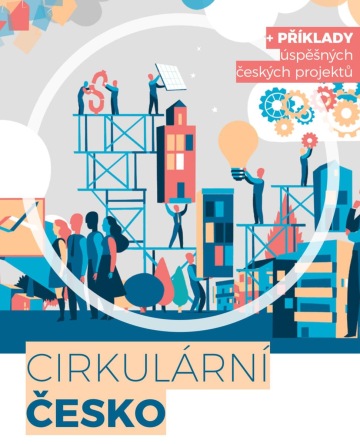
Cílem projektu Cirkulární Česko je inspirovat další firmy, ale třeba i města a nabídnout pomocnou ruku při zavádění cirkulárních principů.
- Studii otvírá místopředseda Evropského parlamentu Pavel Telička úvahou o aplikaci cirkulární ekonomiky u nás.
- Soňa Jonášová, ředitelka Institutu Cirkulární Ekonomiky, hodnotí aktuální stav cirkulární ekonomiky v České republice a ukazuje potenciál tohoto nového odvětví.
Principy, na kterých cirkulární ekonomika stojí, se dlouhodobě ukazují jako rentabilní a navíc propojují dlouhodobou ekonomickou i ekologickou udržitelnost v jeden moment. Z ekonomického pohledu se předpokládá, že zavedení fungujících nástrojů cirkulární ekonomiky může Evropě od roku 2030 generovat roční výnosy ve výši 600 mld. eur ročně. Avšak než se tak stane, budeme muset překonat řadu bariér, které blokují efektivní řízení udržitelného rozvoje.
- Studie Cirkulární Česko proto zároveň analyzuje i základní bariéry úspěšného fungování cirkulární ekonomiky u nás. Za největší bariéry jsou považovány tržní a kulturní. Pro mnohé jsou totiž systémy uzavřeného cyklu živin a materiálu zcela novým vesmírem. Současná společnost funguje na principech vyrobit-vytěžit-vyhodit, což představuje spotřebu až 16 tun materiálu na jednoho obyvatele EU ročně. A jen 5 % z těchto surovin se vrací zpátky do systému. Absolutně klíčová je tedy základní změna mentálního nastavení tak, aby firmy začaly hledat nové cesty pro opětovné využití materiálu.
Je dobré vědět, že ani jedna z výše zmíněných bariér není neměnná či dokonce neprůchodná. Řešení je však vždy individuální a vychází z analýzy dané firmy a prostředí, ve kterém firma podniká. Teprve pak je možné zodpovědně určit, které principy cirkulární ekonomiky budou nejlépe zapadat do aktivit té které firmy. Být ale mezi prvními, kteří si tyto principy uvědomí a dokonale osvojí, je do budoucna významná tržní výhoda.
- Další člen Direct People, Jiří Navrátil, přispěl článkem o technologickém skautingu, jehož základním cílem je vyhledávat nejnovější dostupné technologie, které vznikají na půdě výzkumných institucí, a pomáhat firmám s jejich efektivním a smysluplným zaváděním. „Rychlost transferu technologií z akademické půdy do byznysu je často klíčová i pro rozvoj inovací v cirkulární ekonomice,” uzavírá Cyril Klepek.
- Hlavní částí publikace je pak osm úspěšných příkladů z české praxe, které dokazují, že změna je možná a že každá firma může být cirkulární, ať už částečně, nebo komplexně ve všech aspektech svého fungování.
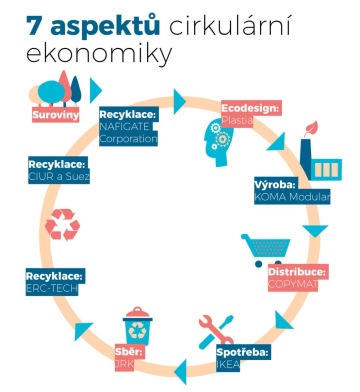
Věříme, že naše publikace bude pro vás velkou inspirací a ukáže vám docela nový úhel pohledu na byznys. Pokud i vy sami uvažujete o zavedení principů cirkulární ekonomiky do své firmy a nevíte, jak na to, dejte nám vědět. Rádi vám pomůžeme. Jako jediná inovační agentura na českém trhu, která se tímto novým odvětvím intenzivně zabývá, umíme pomoci s nastavováním principů cirkulární ekonomiky, překonáním bariér i celkovou změnou myšlení a firemní kultury. Nejdůležitější je hlavně začít…
It’s here. The first study on the circular economy in the Czech Republic is out. Take inspiration and set out on the circular route with us.
The circular economy represents a huge opportunity for firms, as well as a chance for the planet. For this reason it is also one of the priority themes of the European Union, which is preparing a subsidy programme in support of circular projects. Thanks to the circular economy, firms can gain material self-sufficiency, a large number of jobs can be created and a space is opened up for investments in sustainable and often very cool innovations. For the majority of Czech firms, however, this still remains a lesser known concept. And we want to change this. Right now.
In co-operation with the Institute for the Circular Economy and a range of progressive firms and experts, we have prepared a unique publication which outlines an apposite explanation of the principles and benefits of the circular economy, providing successful examples of Czech firms which have already begun applying these principles, and shows that the CE can represent a business opportunity, a competitive advantage and a responsible manner of conducting business for every firm.
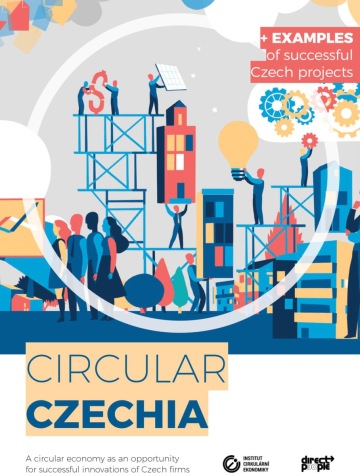
The aim of the Circular Czechia project is to provide inspiration not only for more firms, but also for example for towns and municipalities, and offer a helping hand upon introducing circular principles.
- The study shall be opened by Pavel Telička, the Vice President of the European Parliament, with a reflection on the application of the circular economy in the Czech Republic.
- Soňa Jonášová, Managing Director of the Institute for the Circular Economy, shall assess the current state of the circular economy in the Czech Republic, and illustrate the potential of this new branch.
The principles on which the circular economy is founded have been demonstrated to be viable over the long term, and furthermore link long-term economic and ecological sustainability in a single instance. From an economic perspective it is expected that from 1930 the introduction of functioning tools of the circular economy may generate annual revenues of the amount of 600 billion Euro per year for Europe. However, before this happens, we shall have to overcome a range of barriers that block the effective management of sustainable development.
- For this reason, the Circular Czechia study also analyses the fundamental barriers to the successful functioning of the circular economy in the Czech Republic. The most formidable obstacles are considered to be market and cultural. For many, systems of a closed cycle of nutrients and material are an entirely new universe. Today’s society works on the principles of produce-use-discard, which represents a consumption of as much as 16 tons of material per capita in the EU annually, and only 5% of these raw materials is returned back into the system. It is therefore of absolutely key importance to bring about a fundamental change of mindset, so that firms begin to seek new paths for reuse of material.
It’s good to know that none of the above-mentioned barriers is unalterable or even impassible. However, the solution is always individual and based on an analysis of the given firm and environment in which the firm operates. Only then is it possible to determine reliably which principles of the circular economy will best fit in with the activities of which firm. Nevertheless, being among the first to take on board and perfectly adopt these principles is a significant commercial advantage for the future.
- Jiří Navrátil, another member of Direct People, contributed with an article on technological scouting, the basic aim of which is to seek the latest available technologies developed within research institutions, and help firms with their effective and purposeful introduction. “The speed of technology transfer from an academic environment to business is often of key importance also for the development of innovations within the circular economy,” concludes Cyril Klepek.
- The main part of the publication then consists of eight successful examples from Czech practice which demonstrate that change is possible and that every firm can be circular, whether only partially or comprehensively in all aspects of its operation.
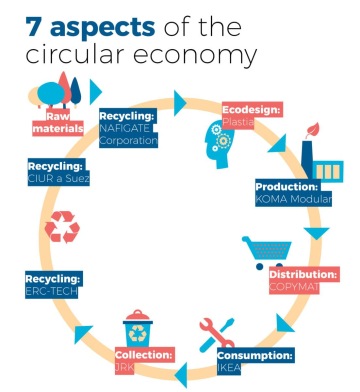
We are confident that our publication will be a great source of inspiration for you, and will show you an entirely new perspective on business. If you are considering introducing the principles of the circular economy into your firm and don’t know how to go about it, let us know. We’ll be happy to help you. As the only innovation agency on the Czech market intensively engaged in this field, we know how to help with configuring the principles of the circular economy, overcoming barriers and an overall change of mindset and company culture. The most important thing is to start…


